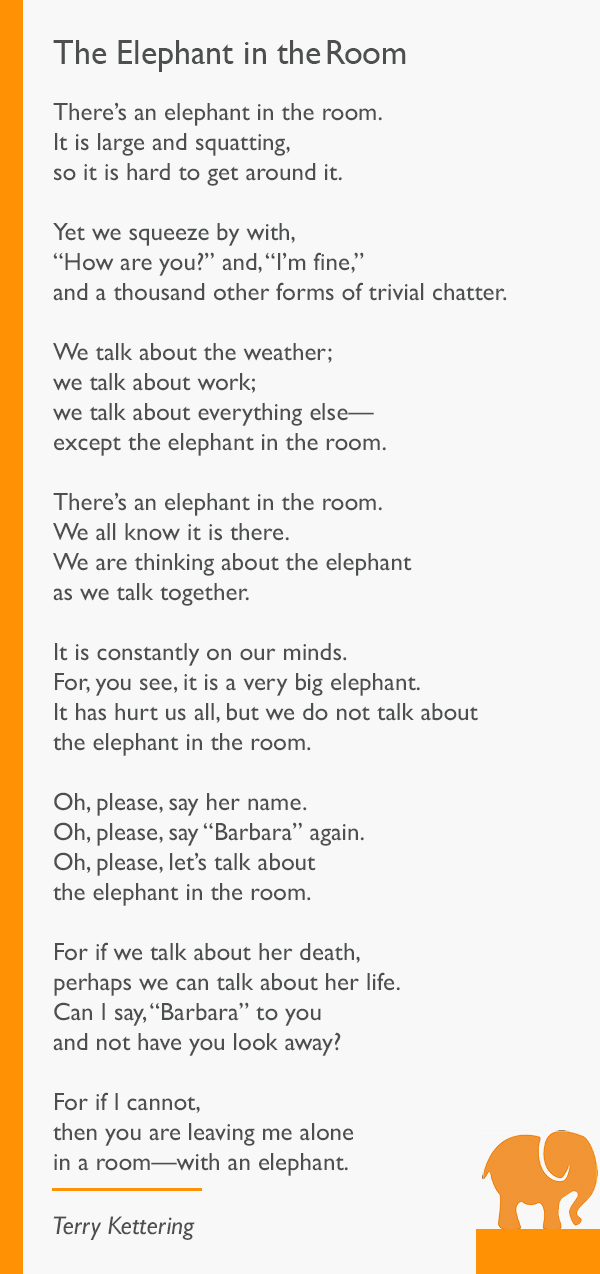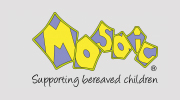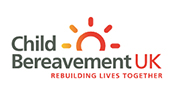We use cookies on our website and you can manage these via your browser setting at any time. See our Cookie Policy to learn more.
To review our Privacy Policy, including our obligations under the General Data Protection Regulation, please see our Privacy Policy
PARENTS: Please note that you should allow cookies in order to log into the Parent Area. Further information
Losing a loved one, or a close friend is, unfortunately, something that we will all experience many times in our lives. Grief has been studied by many psychologists and others, who have identified certain stages that many people seem to go through: denial, anger, depression, bargaining and acceptance. However, we are human beings, and most of us do not experience these in a neat and predictable staged way. We can go around and around, backwards and forwards, and experience other emotions too. Unexpected things can also trigger unexpected emotions, and ‘firsts’ without the person are very difficult.
When we are bereaved, we are vulnerable, whatever age we are and however ‘with it’ we feel we are normally.
One of the best ways of helping people in grief seems to be talking about the person who has died, and how they are feeling. This is often something that we can find difficult to do, unsure of what to say, or bringing up something painful. I love the poem, “There is an Elephant in the Room’ written by Terry Kettering.

Here are some conversation starters if you are unsure what to say (remember that saying something is always better than saying nothing):
- I am so sorry for your loss
- I wish I had the right words to say, just know that I care.
- I don’t know how you feel, but I am here to help in any way I can
- My favourite memory of …. is…
- I am always a ‘phone call away.
- *hug*
- We all need help at times like this, I am here for you
- I am usually up early/ late, if you need anything.
- When I lost … I found it helped when I …
It also may be easier to have a conversation whilst doing something else, on a walk, whilst cooking, driving, so that you are not looking directly at each other.
The other person might not want to talk about the situation, and might want to talk about other things, but the acknowledgement and the choice this offers them is important.
Remember if you are helping someone who has been bereaved:
|
|
Be ready to talk |
|
|
Be ready to listen |
|
|
Be ready to ask others for help |
Suggested Links, Reading and Websites
| Winston's Wish – learn more
Winston’s Wish was set up in 1992 to help bereaved children who may have lost a sibling or a parent. They work with individuals but also have excellent group work. There is both a helpline 08088 020 021 and also an ASK email service. |
|
| Mosaic – learn more Mosaic are a Dorset based charity supporting bereaved children and young people, their families and the professionals working with them. Mosaic support children and young people who have been bereaved of someone special, such as a parent, sibling, friend or a member of their extended family They provide direct interaction with children and carers but also have a helpline where anyone involved or affected by a bereavement can receive advice. Call their office on 01258 837 071 or email info@mosaicfamilysupport.org |
|
| Child Bereavement UK – learn more Child Bereavement UK supports young people (up to 25 years old), parents and families rebuild lives when a child grieves or a child dies. Their website has a huge amount of information under the tab of ‘support and information.’ Their direct line number is 0800 02 888 40. |






